Legacy plans rolled out as organizers fulfill pledge that Beijing 2022 competition sites will benefit local communities
The venues of the Beijing 2022 Winter Olympics and Paralympics won widespread international acclaim during the Games, and now the public, including people with disabilities, will be able to enjoy these state-of-the-art sites.
Adhering to the Games' legacy plans, the venues will be opened to the public-some immediately and some later.
"Opening the venues to the public is in keeping with the sustainability pledges of the Beijing 2022 Winter Olympics and Paralympics," said Yan Jiarong, a spokesperson for the Beijing 2022 organizing committee (BOCOG).
"How to reutilize venues after major sports events is a conundrum worldwide. So, at the design stage, we drew up detailed plans on how to comprehensively and sustainably use the Beijing 2022 venues.
"We are planning to open these venues to the public as soon as possible. Some of the venues will be open before May 1, and some will be open in April, including the National Aquatics Centre, aka the Ice Cube.
"Notably, the venues of the Beijing 2022 Winter Paralympics boast top-class barrier-free facilities, and most of these facilities will continue to be used after the Games."
BOCOG has adopted three principles on the sustainable use of Beijing 2022 venues-continuing to host high-level sports events, developing related tourism programs, and opening the venues to the public to attract more people to ice and snow sports.
The iconic National Aquatics Centre, for instance, staged swimming at the 2008 Beijing Summer Games, when it also became known as the Water Cube. For Beijing 2022, the venue was transformed into the Ice Cube to host curling and wheelchair curling.
Moving forward, the venue will continue to alternate between its Water Cube and Ice Cube incarnations to host a wide variety of sports events, while it will also be open to the public.
"We have reached framework agreements with the World Curling Federation and International Bobsleigh &Skeleton Federation, and we are communicating with more sports federations to host World Cups and other international high-level competitions, to ensure the sustainable use of the venues and to facilitate the development of Chinese winter sports," Yan said.
Certain venues such as the National Sliding Centre and National Alpine Skiing Centre, don't naturally lend themselves to public use, given the courses are primarily designed for use by elite athletes.
However, this has not stopped designers from factoring in public use. The winding track at the National Sliding Centre, aka the Flying Snow Dragon, pushed the world's best skeleton, luge and bobsleigh riders to their limits during the Beijing Winter Olympics. However, now the public will be able to experience about one third of the track, with a less-challenging section to open to curious thrill-seekers in order to promote sliding sports.
"So our main goal was to offer the best experience, such as great acceleration, challenging turns and certain sections to relax a little bit," said Zhang Yuting, the designer of the venue, late last month.
"No two sliding tracks are exactly the same in the world. Tracks need to be customized based on the natural conditions of the location. So we needed to find the best solution for the track design."
Meanwhile, plans are in place to increase summer tourism at the ski resorts at Beijing 2022 competition venues in Yanqing and Zhangjiakou, Hebei province.
"We plan to develop ice and snow entertainment centers, mountain resorts and tourist attractions based on the venues in Yanqing and Zhangjiakou," Yan said.
To meet the diverse needs of the para athletes and other participants with disabilities at the Beijing 2022 Winter Paralympics, all venues were equipped with comprehensive barrier-free facilities, such as wheelchair friendly seating areas in the stands.
The vast majority of these barrier-free facilities will continue to be used after the Winter Paralympics, and many venues will continue to host para sports events and invite people with disabilities to participate in activities.
"The venues for the Beijing Winter Olympics and Paralympics belong not only to athletes-they belong to everyone who loves sports," said Yan.
"Beijing 2022 has ended, but a new chapter of national fitness has just started. The great performances of the winter Olympians and Paralympians impressed us all, and in the future we will keep cheering for everyone who participates in sports."








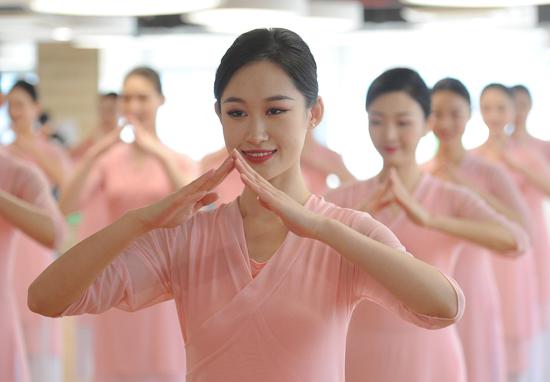
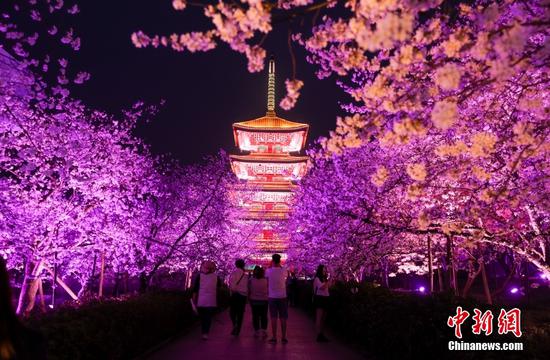
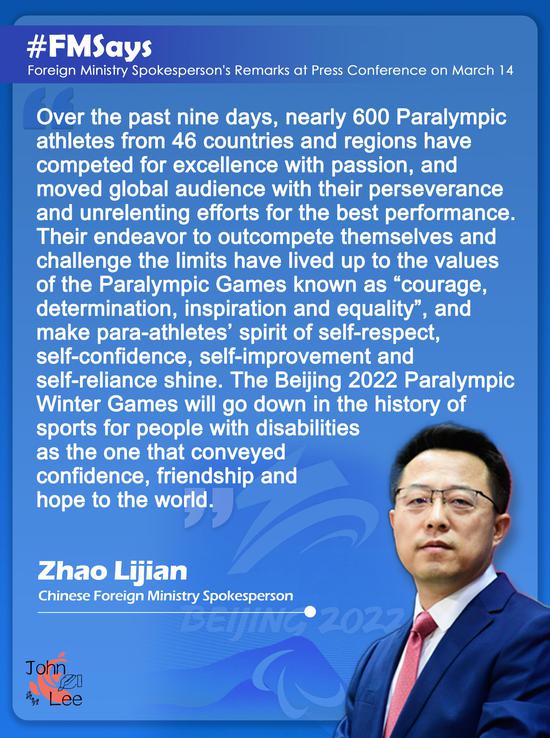




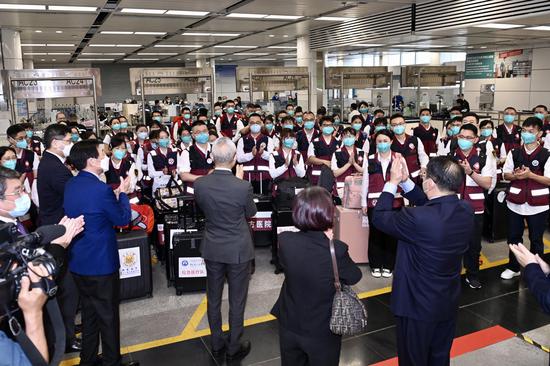
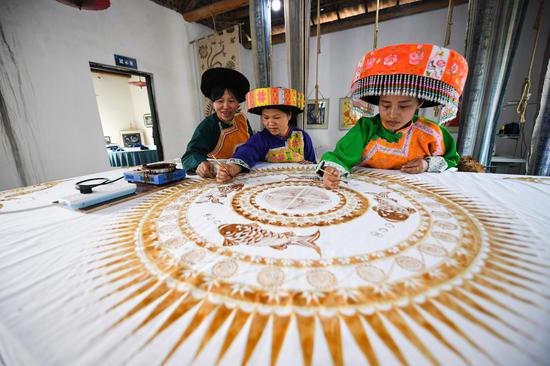
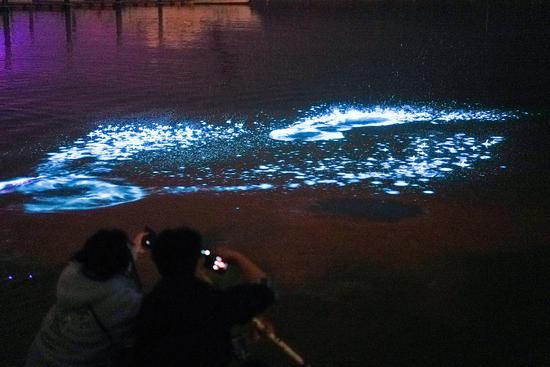
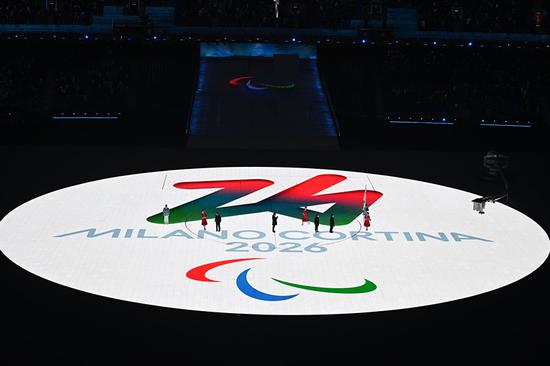


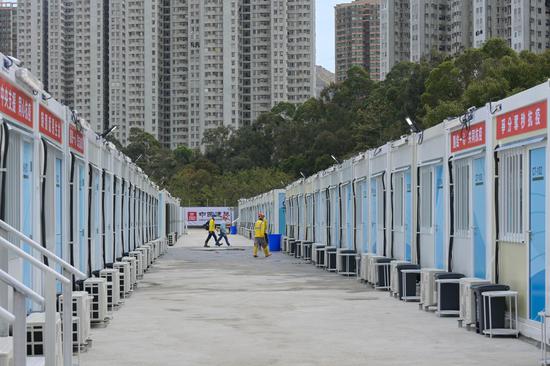
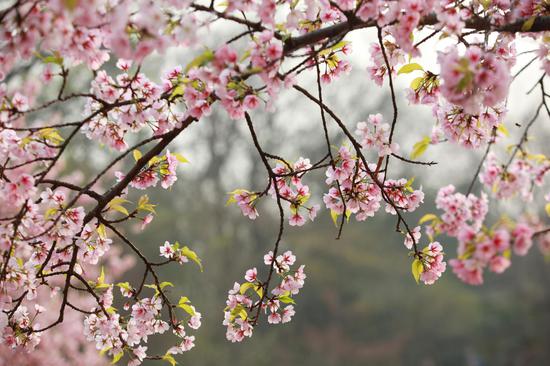
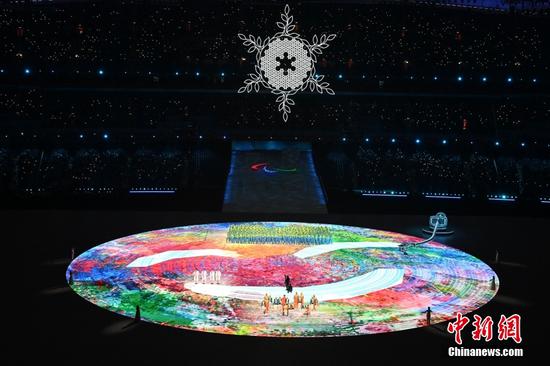
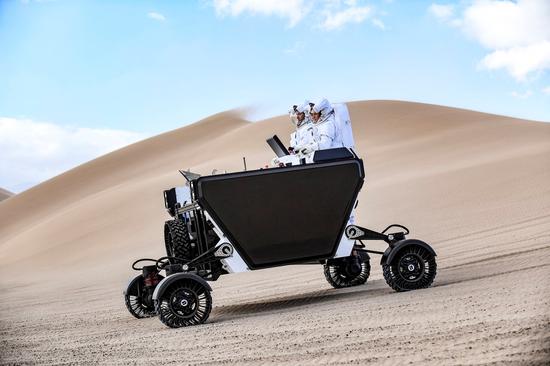
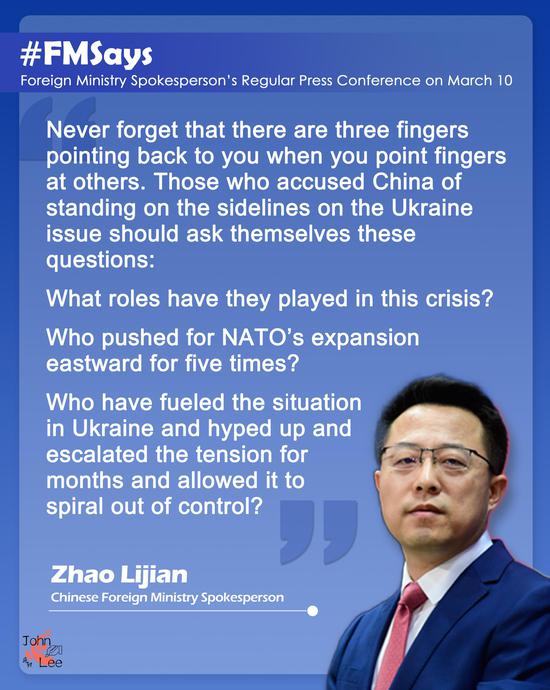
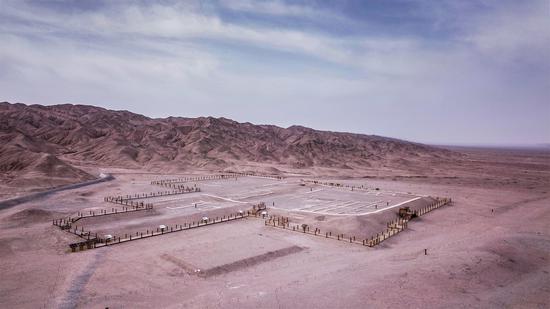
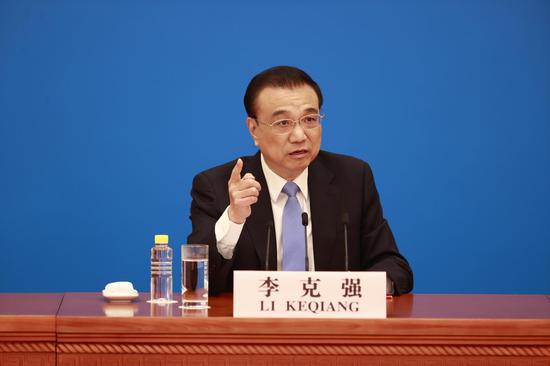
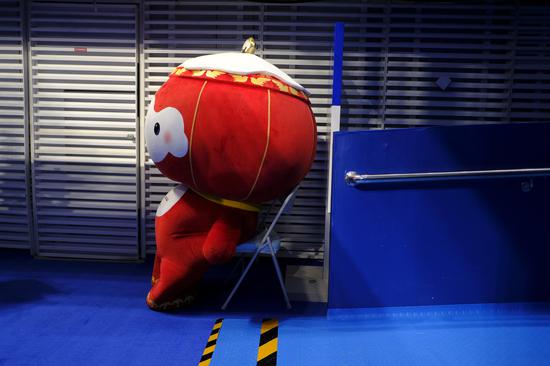
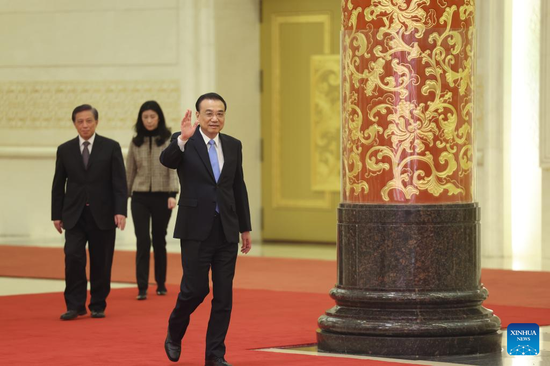

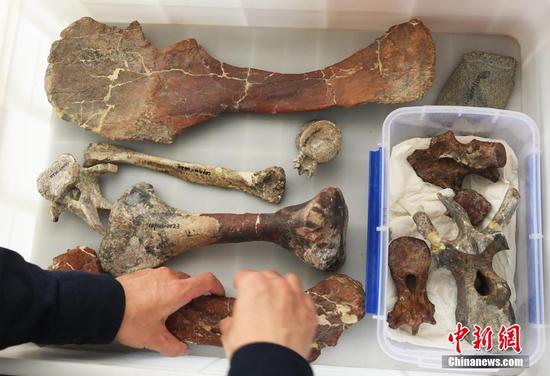
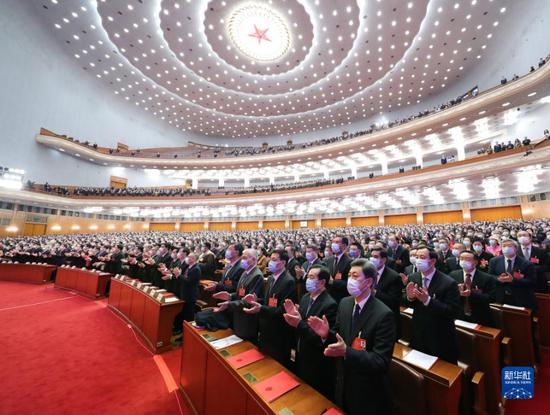
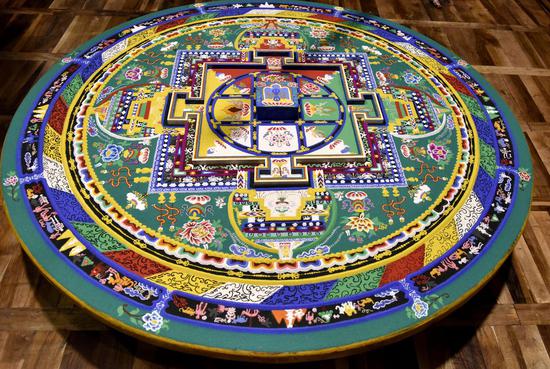
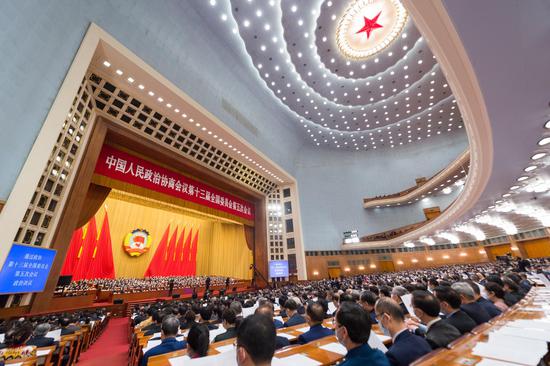
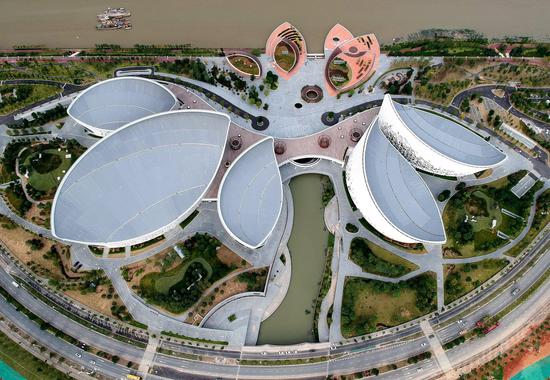

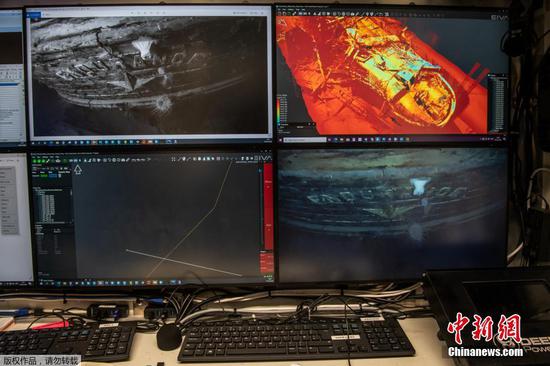
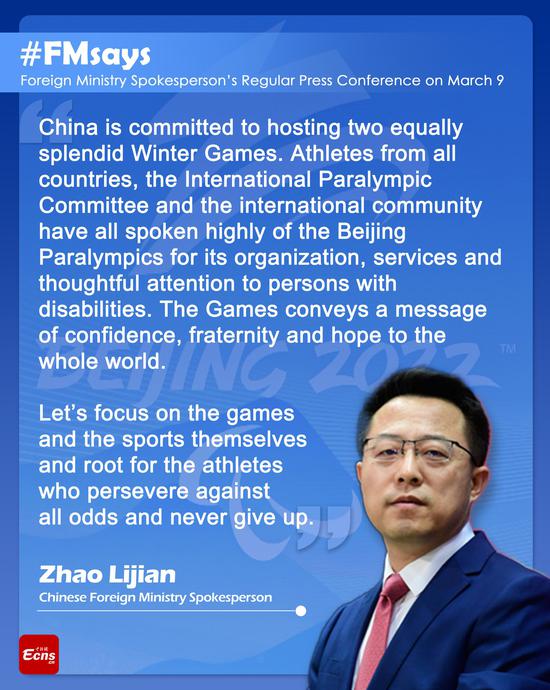
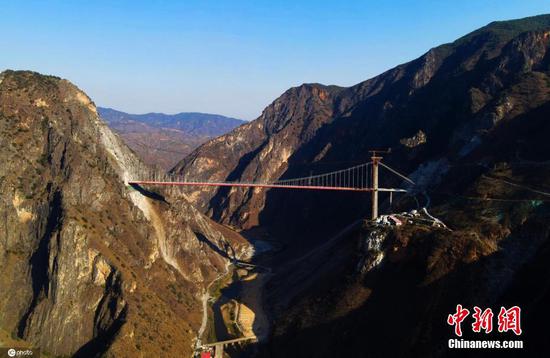
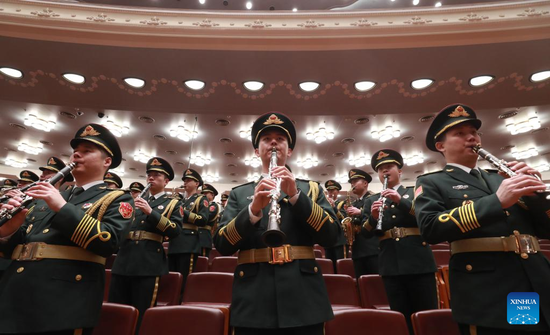
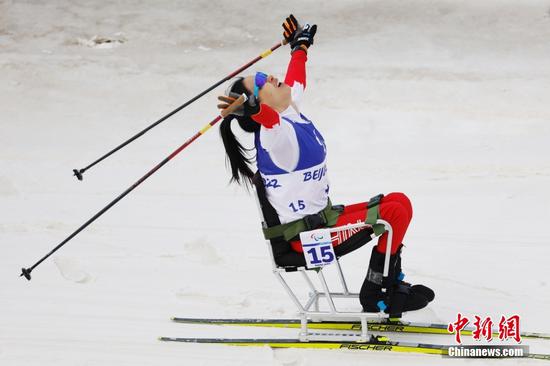

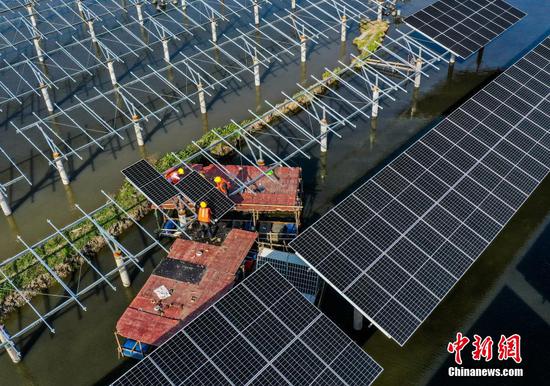
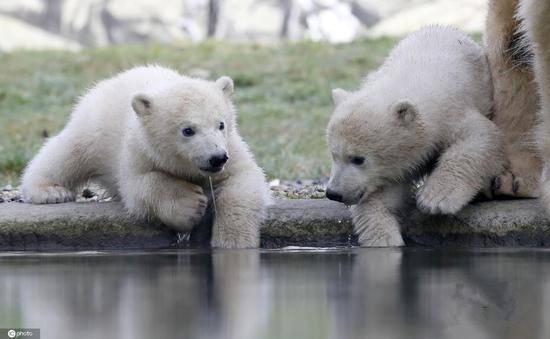





 京公网安备 11010202009201号
京公网安备 11010202009201号